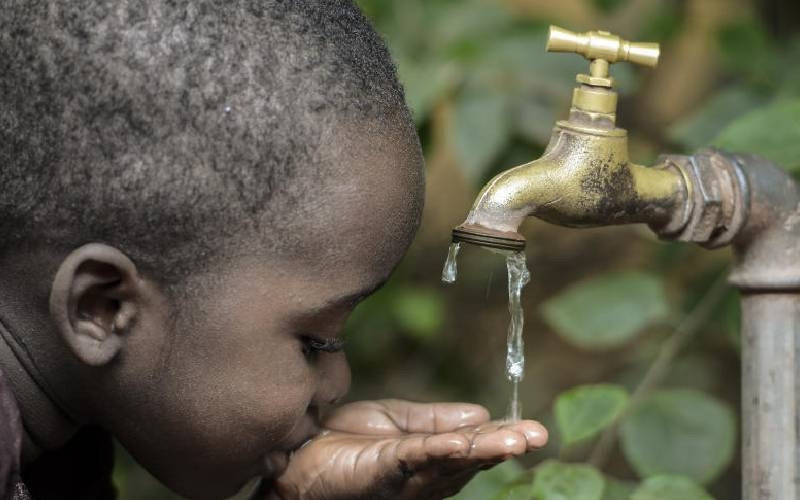×
The Standard e-Paper
Kenya’s Boldest Voice

The government has urged the public and private sectors to collaborate and reduce the funding gaps within the water sector.
Water and Sanitation Cabinet Secretary Zachariah Njeru on Tuesday said the government is currently grappling with an annual Sh83 billion funding gap to provide clean water and sewerage services across the country.